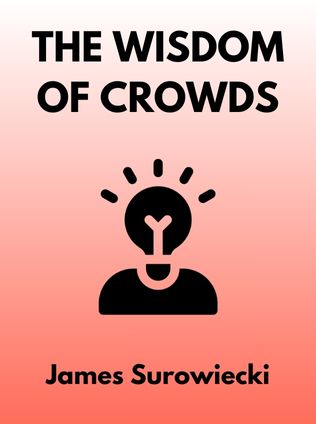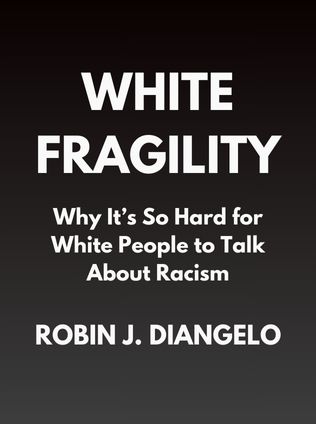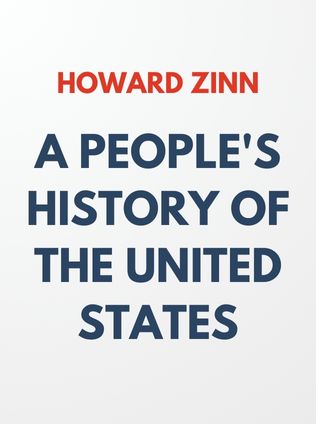
The Wisdom of Crowds
Why the Many Are Smarter Than the Few and How Collective Wisdom Shapes Business, Economies, Societies and Nations
By James Surowiecki
Published 08/2005
About the Author
James Surowiecki is an esteemed journalist and author known for his insightful analysis of economics and business. He is a staff writer at The New Yorker, where he pens the popular business column "The Financial Page." Surowiecki’s work has also graced the pages of prominent publications like the New York Times, the Wall Street Journal, Wired, and Slate. His keen understanding of complex systems and human behavior is evident in his seminal work, The Wisdom of Crowds, where he delves into the fascinating dynamics of collective intelligence.
Main Idea
In The Wisdom of Crowds, Surowiecki challenges the conventional belief that experts or elite groups always make the best decisions. He posits that under the right conditions, large groups of ordinary people can make better decisions than even the most skilled individuals. The book explores how crowds, when diverse, independent, and decentralized, can aggregate information and insights to reach surprisingly accurate conclusions. Surowiecki examines this phenomenon across various domains, from economics and business to everyday life and politics, providing a compelling argument for the power of collective intelligence.
Table of Contents
- Collective Intelligence
- The Difference Difference Makes
- Imitation, Information Cascades, and Independence
- Putting the Pieces Together
- Coordination in a Complex World
- Taxes, Tipping, and Trust
- Traffic: What We Have Here is a Failure to Coordinate
- Science: Collaboration, Competition, and Reputation
- The Columbia Disaster and How Small Groups Can Be Made to Work
- The Company: Meet the New Boss, Same as the Old Boss?
- Markets: Beauty Contests, Bowling Alleys, and Stock Prices
- Democracy: Dreams of the Common Good
Collective Intelligence
Surowiecki introduces the concept of collective intelligence by recounting the story of British scientist Francis Galton, who observed a weight-judging contest at a livestock fair. The average guess of the crowd, consisting of butchers, farmers, and non-experts, was remarkably accurate, being just one pound off the actual weight. This incident led Galton to conclude that "the collective intelligence of a diverse group can be superior to that of a single expert." Surowiecki expands on this by highlighting how groups, if properly structured, can tackle problems and make decisions that are surprisingly accurate. He emphasizes three key elements necessary for a crowd to be "wise": diversity of opinion, independence, and decentralization.
Sign up for FREE and get access to 1,400+ books summaries.
You May Also Like
Rich Dad Poor Dad
What the Rich Teach Their Kids About Money - That the Poor and Middle Class Do Not!
By Robert T. KiyosakiFreakonomics
A Rogue Economist Explores the Hidden Side of Everything
By Steven D. Levitt and Stephen J. DubnerI Am Malala
The Story of the Girl Who Stood Up for Education and Was Shot by the Taliban
By Malala YousafzaiThe Lean Startup
How Today's Entrepreneurs Use Continuous Innovation to Create Radically Successful Businesses
By Eric RiesWho Moved My Cheese?
An Amazing Way to Deal with Change in Your Work and in Your Life
By Spencer Johnson, M.D.Factfulness
Ten Reasons We're Wrong About the World – and Why Things Are Better Than You Think
By Hans Rosling



















